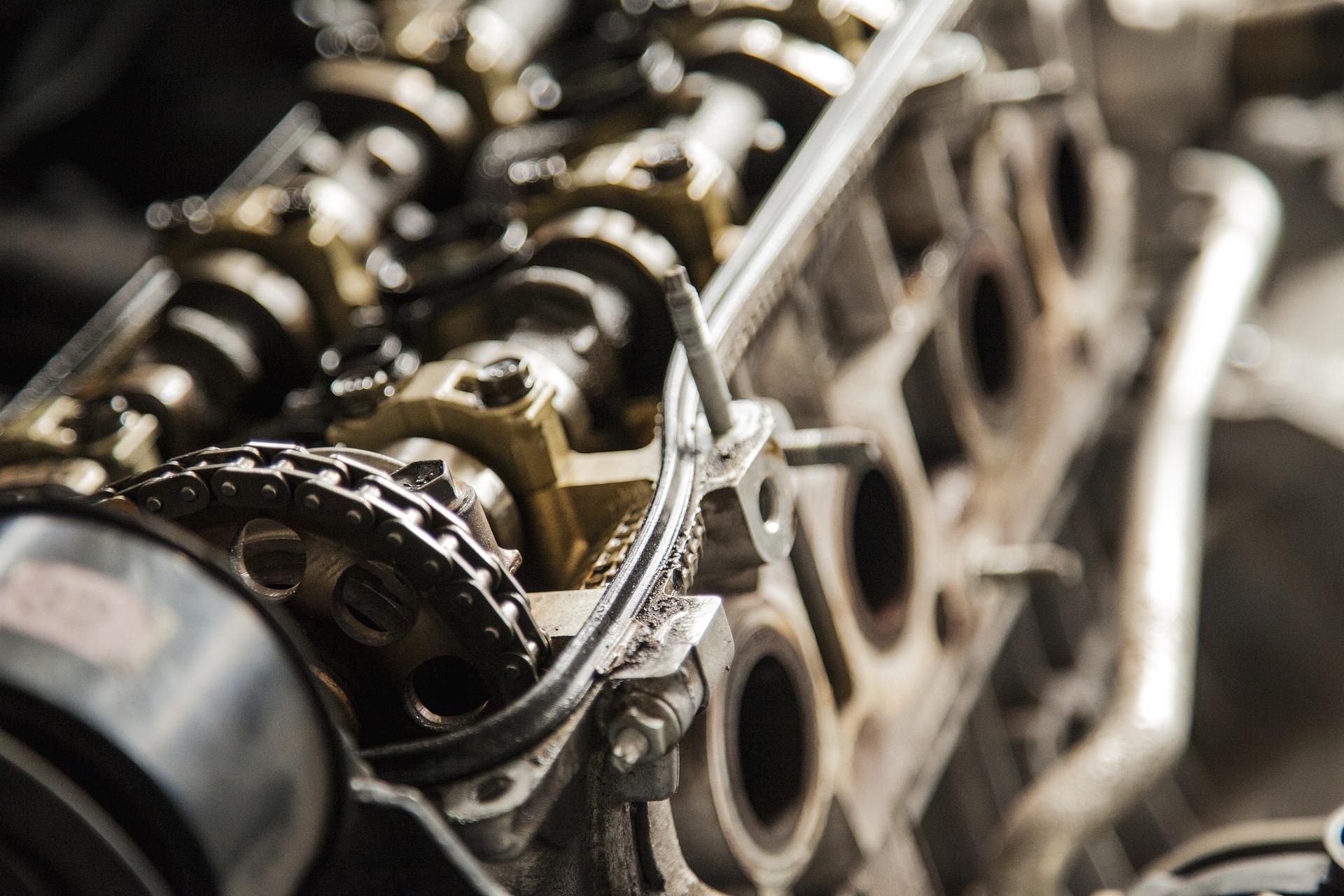 ship engine Fuel Oil, Lubricating Oil and Cooling Water
ship engine Fuel Oil, Lubricating Oil and Cooling Water
Here's a good data link to the ship's engine. 2019/04/10 - [자동차 & 선박 디젤 엔진 ] - INSTRUCTION MANUAL HEAVY DIESEL ENGINES!! 2019/04/18 - [자동차 & 선박 디젤 엔진 ] - Ship Engine Basic Configuration 2019/04/19 - [자동차 & 선박 디젤 엔진 ] - SHIP Turbo blower(TURBO CHARGER), Air cooler, Exhaust manifold This time, we will learn about ship engine Fuel Oil, ship engine Lubricating Oil, ship engine Cooling Water (Write a..
자동차 & 선박 디젤 엔진
2019. 4. 19. 17:34
공지사항
최근에 올라온 글
최근에 달린 댓글
- Total
- Today
- Yesterday
링크
TAG
- 선박단어
- 해양단어
- 흡배기
- 연금복권 당첨번호
- 배기
- 해양용어
- 해양플랜트
- 거버너
- 속도조절
- 로또박사
- 흡기
- 로또1등당첨지역
- 선박용어
- 의장
- 꿈풀이
- 해양언어
- 조선용어
- 오늘운세
- 로또당첨번호
- bmw리콜
- 디젤엔진
- 조선
- 꿈해몽
- 조선말
- 조선단어
- 해양조선
- 선박
- 인물꿈
- 엔진 정비
- 선박부품
| 일 | 월 | 화 | 수 | 목 | 금 | 토 |
|---|---|---|---|---|---|---|
| 1 | 2 | 3 | ||||
| 4 | 5 | 6 | 7 | 8 | 9 | 10 |
| 11 | 12 | 13 | 14 | 15 | 16 | 17 |
| 18 | 19 | 20 | 21 | 22 | 23 | 24 |
| 25 | 26 | 27 | 28 | 29 | 30 | 31 |
글 보관함
반응형
